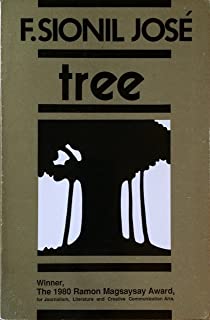Stephen Lawes appears to be pretty well-heeled. His successes seem remarkable. He is a successful writer of children’s books. He is acquainted with Charles Darke, who is apparently being groomed for a ministerial position in government. Via this connection, Stephen also sits on a Whitehall committee to examine policy options on childhood, children, education and related issues. He himself also seems to have the prime minister’s ear. He has a wife, Julie, who loves him and beautiful little three-year-old daughter, Kate, whom he worships.
But then one day Kate is no longer there. On a trip to the shops with her father, there are events that take her out of her parents’ lives.
In her absence, Stephen continues to worship her, to see her walking along the street, in a school playground, perhaps everywhere he tries to look. Meanwhile life goes on, but for Stephen aspects of it begin to disintegrate. The child has stopped his time.
There follows, in Ian McEwan’s novel, The Child In Time, an examination of childhood.
In various guises, this biologically-fixed but socially-defined state is seen to influence and control the lives of the book’s characters. The fact that children are sexually and physically immature human beings whose characteristics are still developing seems pretty immutable. But what is it that demands they should eat special foods from special menus? Is it essential that the experience of childhood should be always multi-coloured, perhaps as a preparation for the unending greyness of adulthood?
And why, in the twenty-first century is it deemed that children should not work, when in the nineteenth it was considered desirable, perhaps even essential for everyone’s greater well-being?
If we are stressed in our daily lives, how much of our ability to cope, or not cope, stems from our ability to re-invent a child’s curiosity and enthusiasm, not to mention naiveté? And is this state also perhaps a place of protecting retreat?
And how exactly did we manage to create this space?
The Child In Time examines several strands of thought relating to infancy, childhood and dependency via the assumptions and reactions of adults. It is a novel with multiple parallel strands, more of a meditation on a theme than a focused, linear progression. It always plays with its ideas.
But not all of them work.
Charles Darke’s adoption of a second childhood, whether conscious or not, as a means of protecting himself from himself, is compellingly credible. But the presence of licensed beggars in a society not located in any particular time or any declared political ideology simply doesn’t wash. This science-fiction element of the book asks a sound but imagined question about our attitudes toward childhood, but jars with and detracts from the rest of the book’s recognisable landscape.
As ever, Ian McEwan mixes concepts of philosophy and sociology with the minutiae of daily life. Stephen Lawes does not seem to be wholly credible, however. His mix of interests and capabilities seems to be a tad too eclectic, too widely and thinly spread for him to come across as convincing in any discipline. At times, he seems even peripheral, dashing from one event to the next merely to witness what the author wanted to illustrate.
But these are small criticisms of a magnificent book. Eventually the novel provides an uplifting experience.
It takes the reader to places where the characters find themselves, places where they also want to be. Then, having reached their goal, much of what went before falls into new perspectives, and the whole process might just be ready to start again, but this time in socially-changed garb. It’s a bit like life, really...
See this book on amazon
The Child in Time










